Lactose Fermenting Gram Negative Rods Treatment
Lactose fermenting gram negative rods treatment. TREATMENT Among the most resistant of all enterobactericiae to antimicrobials especially for Beta-lactam antibiotics. Clinical manifestations of colitis and need no further treatment. Doctors in 147 specialties are here to answer your questions or offer you advice prescriptions and more.
Aeruginosa since it is a lactose fermenter on MacConkey agar. 4 rows Non lactose-fermenting Lactose negative. Distinguish based on oxidase Oxidase Positive.
Branching Gram positive rods modified acid fast stain positive may suggest. This is an eligible specimen because there is not greater than 2 organisms of which one is a bacterium of 100000 CFUml. A BRIEF CLASSIFICATION OF GRAM NEGATIVE RODS Grow on MacConkey Agar LACTOSE FERMENTATION LACTOSE FERMENTERS NON-LACTOSE FERMENTERS E.
Selective and differential for Gram negative organisms uses lactose as primary sugar pink color when positive use of MacConkey agar enriched agar with V factor NAD and X factor hematin which grows Haemophilus spp and Neisseria spp. This information helps the clinician determine the best course of antimicrobial treatment because Pseudomonas has been ruled out and the use of a broad spectrum antibiotic with antipseudomonal activity is not necessary. There are many dozens of bacteria that can be lactose fermenting gram negative bacilli.
Although they hold in common their capacity to infect the GI system a variety of species can infect other organs and cause significant pathology. Gram Negative Rods - Lactose Fermenters o KEE organisms Klebsiella Enterobacter E Coli o Non-Fermenters. They are gram-negative short rods.
Spp can appear initially as non-lactose fermenting due to slow fermentation. Are less-common nonlactose-fermenting bacteria that have emerged as important opportunistic pathogens. Slow Lactose fermenting a genus of Gram-negative coliform bacteria in the family Enterobacteriaceae.
- Lactose-positive gram negative. They are non-sporulating facultative anaerobes.
Spp can appear initially as non-lactose fermenting due to slow fermentation.
TREATMENT Among the most resistant of all enterobactericiae to antimicrobials especially for Beta-lactam antibiotics. This is an eligible specimen because there is not greater than 2 organisms of which one is a bacterium of 100000 CFUml. They are gram-negative short rods. The Enterobacteriaceae are a loose collection of gram negative rods that can infect the GI system in humans and animals. What antibiotic is good for gram negative rods. Gram negative bacillus 100000 CFUml Lactose fermenting gram negative rod Enterococcus species 40000- 50000 CFUml Gram negative rods 1 and 2 equal one organism. Selective and differential for Gram negative organisms uses lactose as primary sugar pink color when positive use of MacConkey agar enriched agar with V factor NAD and X factor hematin which grows Haemophilus spp and Neisseria spp. Although they hold in common their capacity to infect the GI system a variety of species can infect other organs and cause significant pathology. Gram-negative lactose fermenting- motile rods Found in soil water vegetable sewage the digestive tracts of animals and humans opportunistic pathogens- nosocomial infections of immunocompromised patients Difficult to treat due to resistance to various antimicrobial drugs Medical important species is Enterobacter aerogens.
Doctors in 147 specialties are here to answer your questions or offer you advice prescriptions and more. Coli LFEC in regards to. Enteric Gram Negative Rods. TREATMENT Among the most resistant of all enterobactericiae to antimicrobials especially for Beta-lactam antibiotics. Branching Gram positive rods modified acid fast stain positive may suggest. Clinical manifestations of colitis and need no further treatment. These organisms have simple nutritional requirements and MacConkey agar is used to isolate and differentiate organisms of the Enterobacteriaceae family pink-colored colonies of lactose fermenter-coliforms and pale-colored colonies of the non-lactose fermenter.











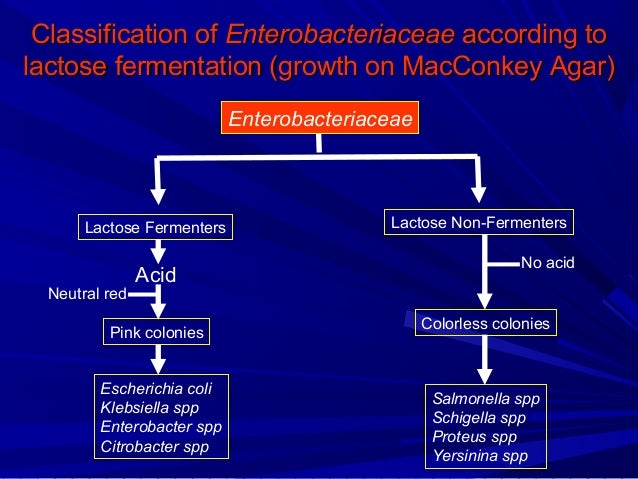


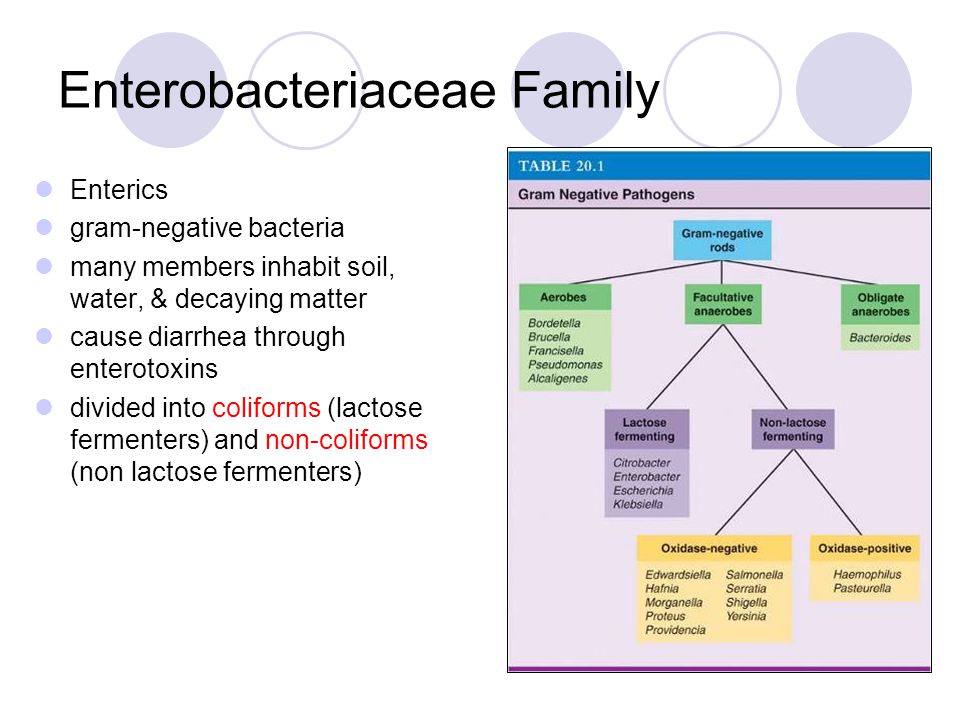













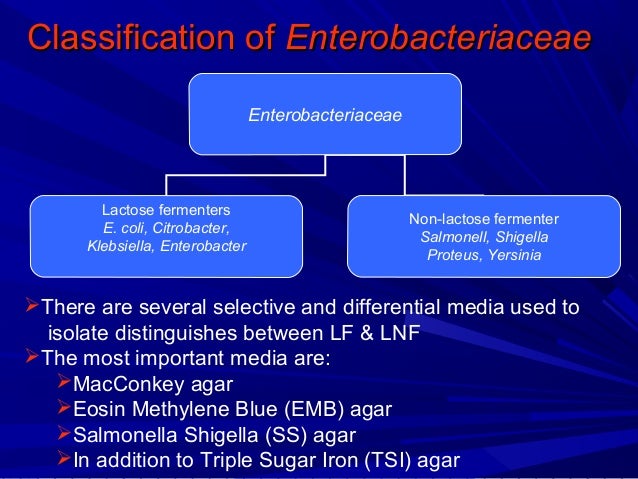
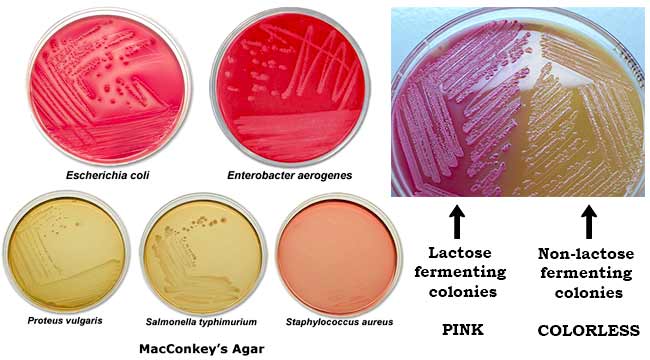







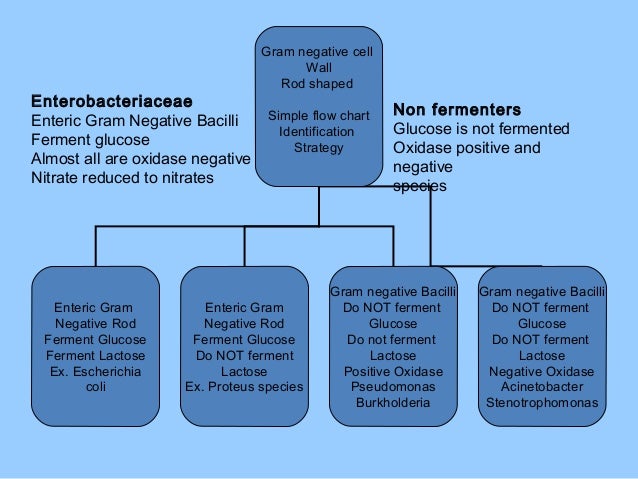
Post a Comment for "Lactose Fermenting Gram Negative Rods Treatment"